Protect and Respect
Teaching Teens About Sexual Ethics Means Getting Past The “Worry Block”
Sometimes the longest road is the one most traveled. When I was parenting my then-teenage daughter, I re-visited fear more times than I needed to. As an assault survivor, I feared she might go through a similar experience and that fear became an obstacle to her safety.
Knowing it took me decades to heal from my own sexual trauma, I worked over-time in the worry department. The fact that I treat sexual trauma as a clinician, didn’t help matters much. I had the added worry of knowing how hard it was for my clients to heal from these painful stories, especially when it came to the self-blame and shame that so often accompany sexual trauma.
I traveled the worry road for years and that worry sometimes got in the way of asking the right questions of my child. Instead, I doubled down on scanning for potential danger, making sure there was always proper supervision, and knowing where she was when she wasn’t with me. All the same things I see a lot of parents do currently.
The unfortunate truth is that the worry got me nowhere. In the end, I had to learn the hard way that we can never protect our children 100% of the time. When my daughter was touched inappropriately outside a Church dining hall with more than 65 people a few feet away, I realized that the only sure way of improving our kids’ safety, is to make sure they know how to protect themselves.
That means teaching them to know what to ask when someone looks uncomfortable, and teaching them what to say and do when they themselves are uncomfortable.
We often think that teenagers talk to each other about these things, or learn certain safety tools from social media or in a class at school. After teaching sexual ethics and assault prevention for years, I now know that teens may think they understand how to protect and respect boundaries, but the kinds of constructive conversations that young people most need, are not happening in a core curricula at school. And they certainly aren’t happening on TikTok or Youtube.
In the Be Strong, Be Wise Youth Course, when we conduct role plays with students where they are asked to practice vocalizing a boundary, or inquiring about someone else’s boundary, I often hear the same statement repeated: “I don’t know what to say because I don’t want to be rude.”
It makes perfect sense that this would be their response. We teach children as young as pre-school that they are to be good boys and girls and treat others with kindness. But there are ways, as young as pre-school, to also teach children about the circumstances when all that goes out the window. If someone is threatening their personal space, children have a right, and in fact a necessity, to speak out and take action. They just need help in knowing how.
Here are some statements that caring adults can offer young people to get past the worry block and empower their personal authority:
When someone else is making you uncomfortable it is never your job to make them comfortable.
Practice speaking your boundaries. This can be done at home with family and/or with friends. It may be met with resistance, but is better than managing the worry that they may not know how to state a boundary when and if they need to.
Practice looking tough when you feel scared. With certain people, more is required than merely communicating a boundary. Sometimes we have to raise our voice, or threaten to call for help, or if necessary, use the art of self-defense.
When someone looks uncomfortable, they probably are. If you’re trying to get closer to that person, be careful you’re not crossing their boundary without knowing it. Ask them if they are ok. Take a step back and give them space. Let them know you won’t push them, and continue to remind them if need be. This will make it much more likely they will feel safe enough to trust you.
Always communicate to a trusted person if you feel unsafe in a relationship. Feeling unsafe can happen with online communication, at work, in a dating scenario and even in families. And you can identify your “safe person” before you even need to!
At Be Strong, Be Wise, we take pride in giving our students as much information as we can, and then asking the questions that allow them to apply that information to their life.
For more information on our Course for Teens, check out: https://www.bestrongbewise.com/programs-for-youth

